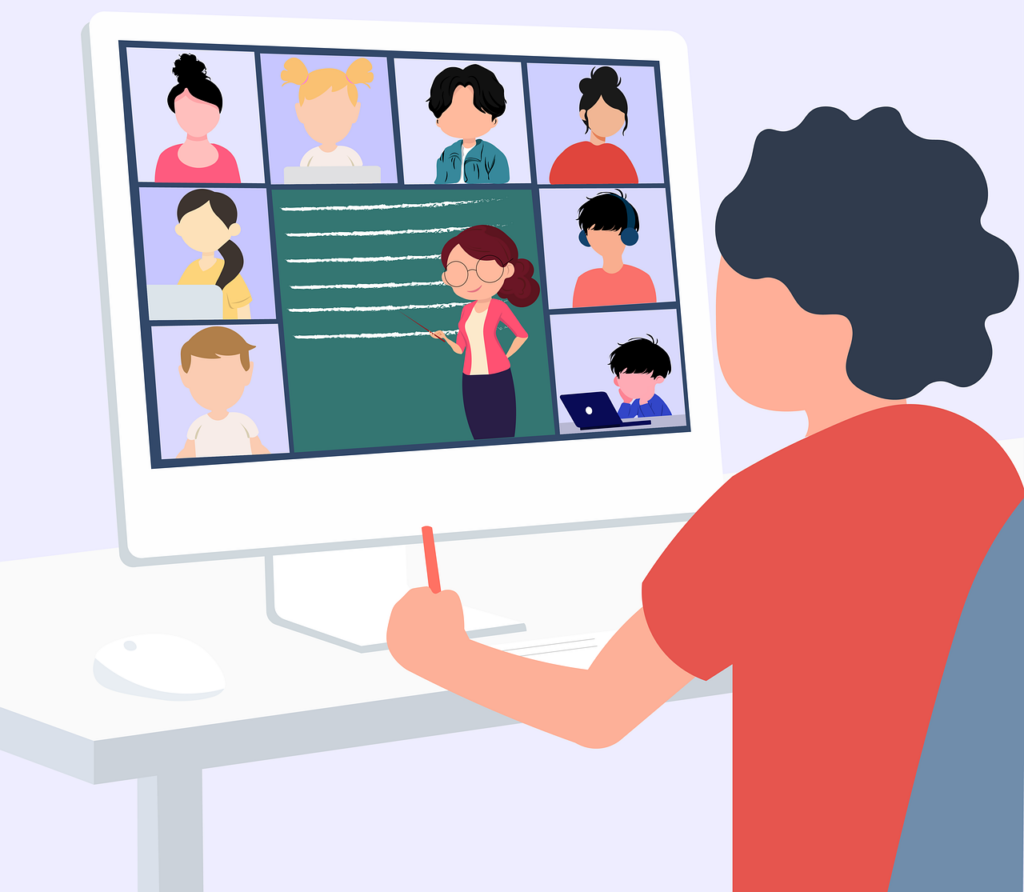Introduction
This week’s discussions around pedagogy, networked learning, and the role of instructors have made me reflect on my own experiences as a learner and gave insight into a new perspective on teaching. Pedagogy can be defined as a thoughtful design of how learning happens – and it’s the reason that some teaching activities feel more engaging than others, and/or feel like they stick with you for long after they are over. Another concept – networked learning, is a strategy where learners connect with others (peers, instructors, and more) primarily through technology to create a “web” of learning relationships, and emphasizing collaboration and understanding through connection. Furthermore, the roles of instructors are responsibilities and competencies that instructors posses to create engaging learning spaces and going beyond just being proficient at a subject.
What Does Pedagogy Mean to Me?
“Pedagogy, like language itself, can either liberate or imprison ideas, inspire of suffocate constructive thinking.”
Hyman Bass
When I think of pedagogy as a concept I think of some of the best teachers I’ve had and what makes them stand out in my mind – whether it be creating a non-judgemental atmosphere where student collaboration is encouraged, or making learning entertaining through the use of songs to remember concepts. Something that stands out to me as I’m writing this is my math teacher’s song in 10th grade to remember a trigonometry concept – SOH CAH TOA – to calculate an angle in a triangle. This is something that really has helped my learning over the years – using songs to remember formulas and facts. Another strategy that has helped me to understand a concept is the use of real-world examples to see how the idea is used. I hope to incorporate these two concepts into my teaching, in whatever form that may be.
Networked Pedagogy in Action
Learning in isolation is challenging and is commonly a downfall of learning online. However, networked pedagogy seeks to change that by creating connections between students, instructors and resources. Interactions with others’ ideas force us to think of things in a different way, and deepen our understandings of subject matter. For example, in one of my courses, a group project turned into a collaboration between others across Canada, all sharing their own insights – made very easy by technology.
The Social Learning Theory & << Je parle français >>
Social learning theory has some exciting applications when it comes to learning online. This theory emphasizes learning through observation and imitation, and was developed by Albert Bandura, who made it famous with his 1969 study (Bandura, 1969). I have a great example – I’m learning French right now, and many online French courses have video lessons or some even have live video chats where you can practice. This way, you can observe a native speaker’s nuances in their speech, helping you to become more fluent. Another example is through YouTube videos, where you can learn just about anything – this is a big part of my learning now as I like to get as many different perspectives on concepts as possible, I use YouTube tutorials a lot.
The Role of the Instructor
In an online course, the instructor’s role is super important. They need to be engaging and approachable, creating a space where students feel comfortable asking questions. Key qualities include being responsive, adaptable, and having a strong presence in discussions. I’ve had instructors who really made it work by using interactive tools and having timely feedback, which made the learning experience more fun. On the other hand, I’ve also encountered those who were hard to reach or didn’t engage with the class, leaving students feeling lost and unsupported.
Exploring Digital Spaces
My experiences with digital spaces have shown both benefits and challenges. Learning online is convenient and flexible, which is a big plus, especially for balancing my schedule. However, it can sometimes feel isolating without face-to-face interaction. To contribute positively to these communities, I make an effort to engage in discussions and support my peers. I think connection is essential in digital spaces.
References
Bandura, 1969: https://www.simplypsychology.org/bandura.html
